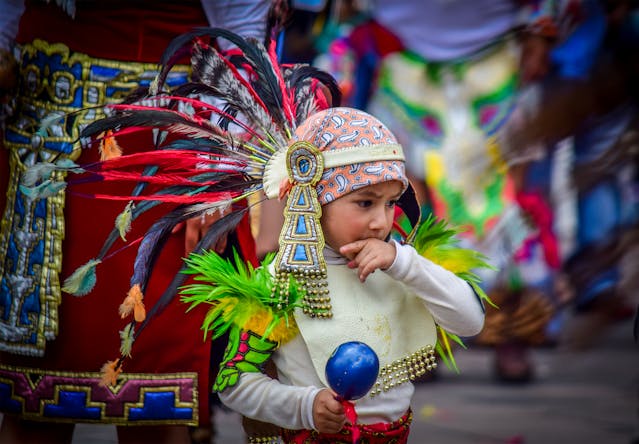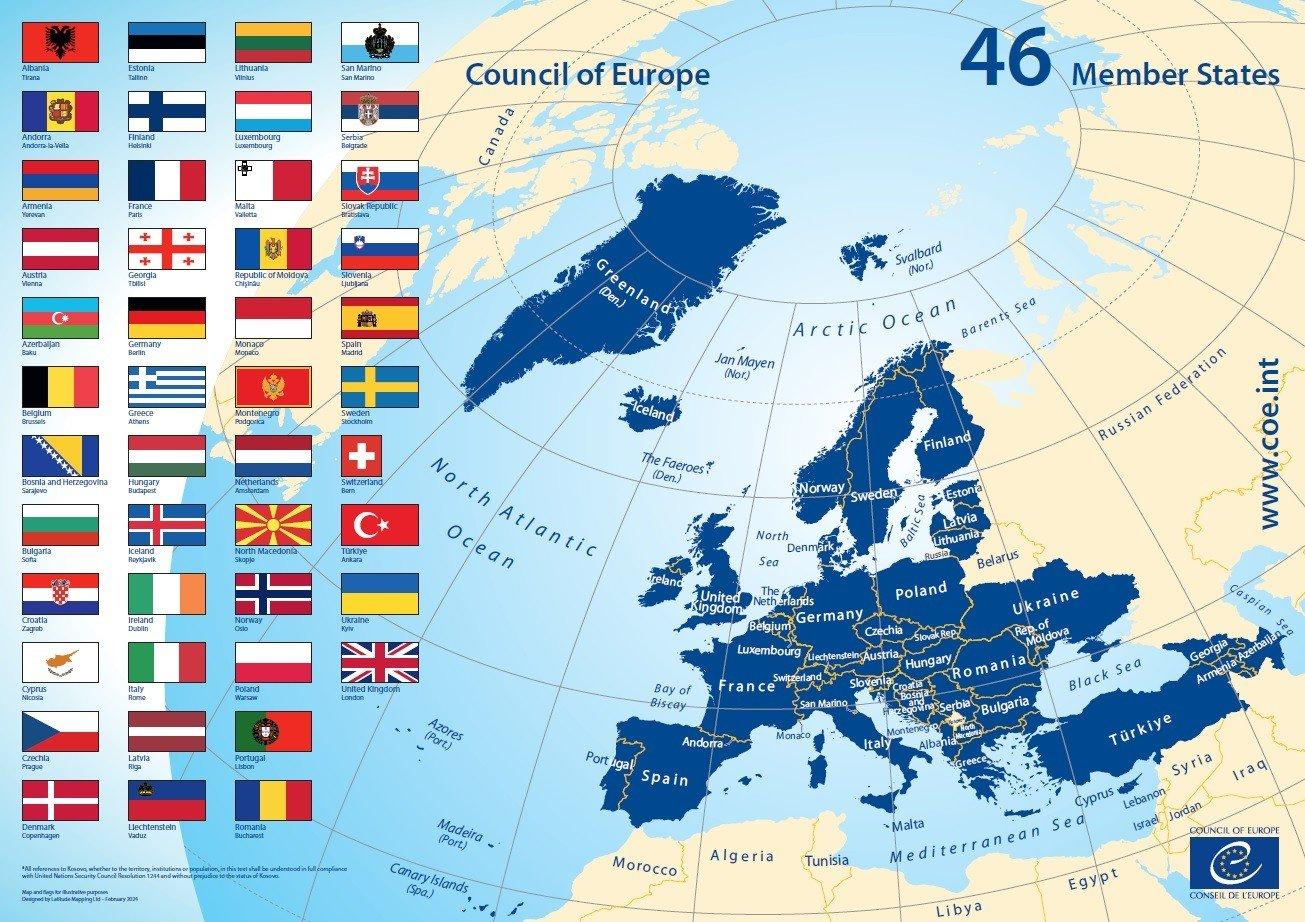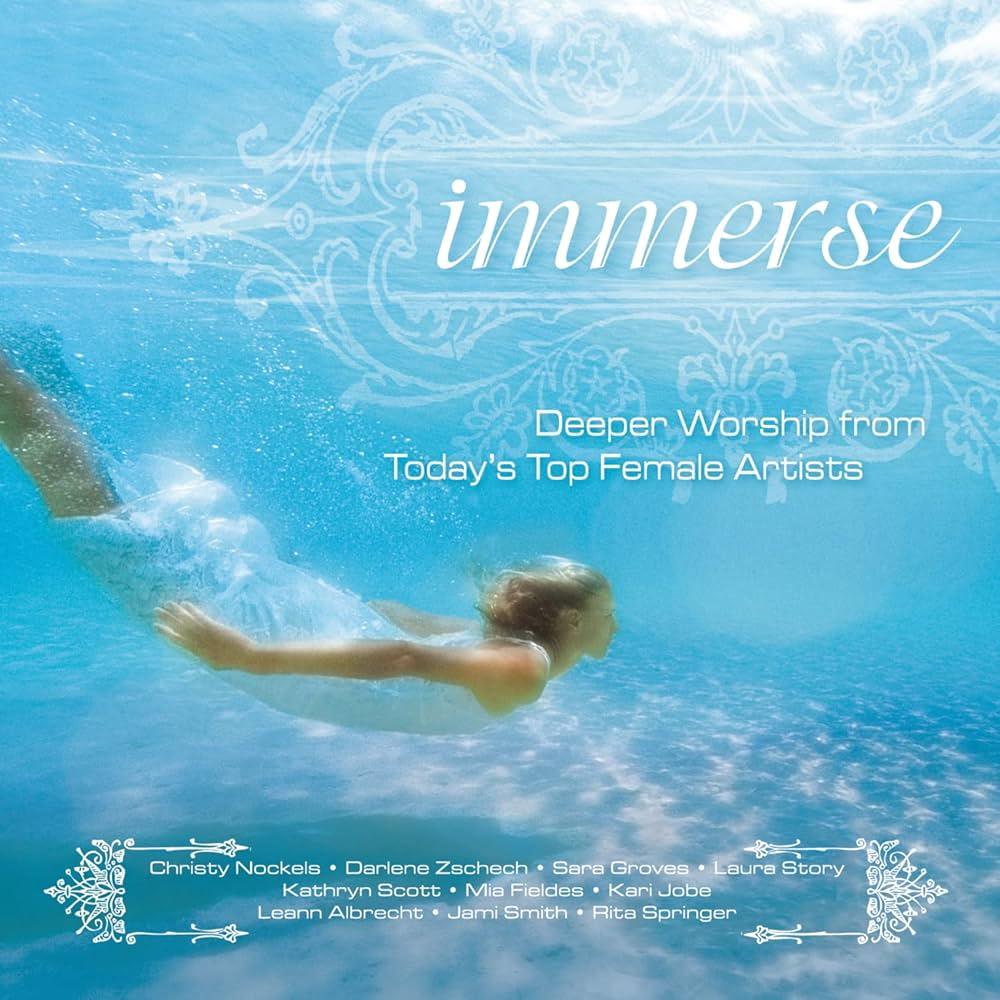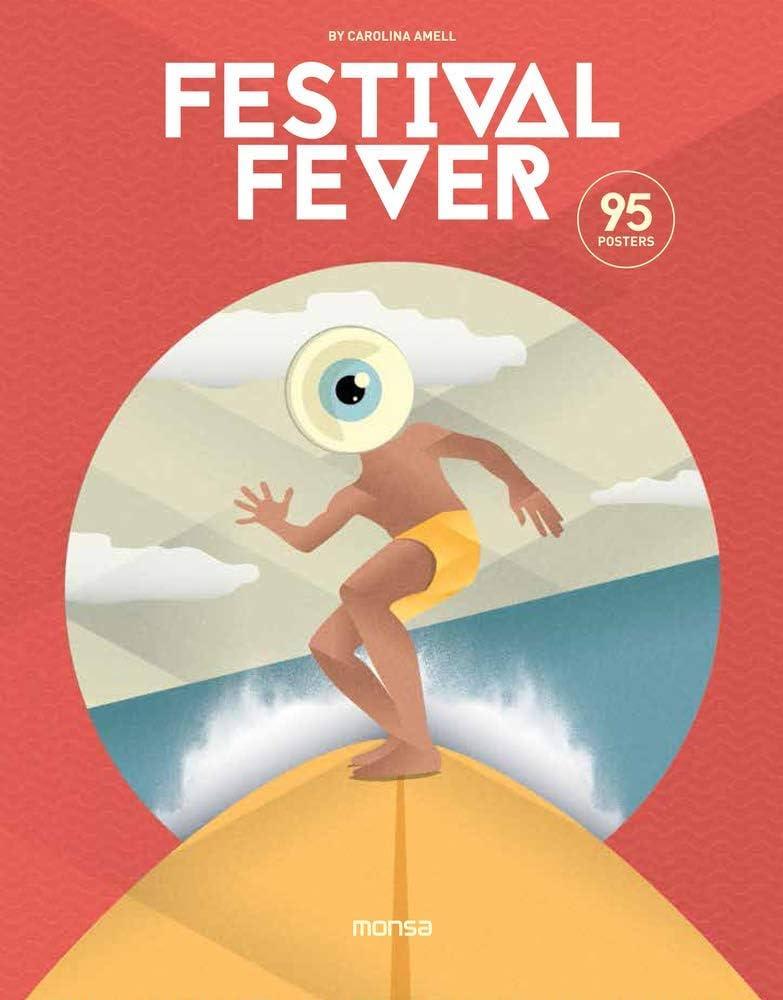Introduction
Festivals are a vibrant tapestry woven from the threads of culture, tradition, and celebration. Across the globe, these events offer a window into the rich diversity of human heritage. From ancient rituals passed down through generations to contemporary extravaganzas that fuse tradition with modernity, festivals provide a unique opportunity to explore the soul of different cultures. In this article, we will embark on a journey around the world, uncovering the essence of various cultural festivals that ignite the spirit of celebration.
- Diwali, India
Our first stop on this cultural tour is India, where Diwali, the Festival of Lights, shines brightly. Celebrated by millions of Hindus, Jains, and Sikhs, Diwali marks the victory of light over darkness and good over evil. The festival typically lasts for five days, with each day carrying its own significance and rituals.
Diwali is a visual feast, with homes adorned in colorful rangoli designs, clay lamps (diyas) lighting up the night, and a sky illuminated by fireworks. Families come together, exchange gifts, and indulge in delicious sweets and snacks. Diwali truly showcases India’s vibrant cultural diversity and its emphasis on family, love, and prosperity.
- Rio Carnival, Brazil
The Rio Carnival is a dazzling celebration of music, dance, and Brazilian culture. Held annually in Rio de Janeiro, this world-famous event is a week-long extravaganza that precedes Lent. Samba schools compete in colorful parades, featuring elaborate costumes, vibrant floats, and infectious rhythms. The Rio Carnival is a testament to Brazil’s passion for life, music, and dance, and it attracts visitors from all over the world.
- Hanami, Japan
Japan’s Hanami festival is a celebration of cherry blossoms and the fleeting beauty of nature. Every spring, as cherry trees bloom with delicate pink and white petals, people across Japan gather in parks for picnics and parties beneath the blooming trees. Hanami embodies Japan’s deep connection to nature and the appreciation of life’s transience, making it a serene and reflective festival.
- Carnival of Venice, Italy
The Carnival of Venice is a captivating blend of history, culture, and mystique. This Venetian tradition dates back to the 12th century and is famous for its elaborate masks and costumes. During the festival, the streets and canals of Venice come alive with masked revelers, creating a surreal and enchanting atmosphere. The Carnival of Venice allows participants to step back in time and experience the opulence and intrigue of the Venetian Republic.
- Day of the Dead (Dia de los Muertos), Mexico
Dia de los Muertos, or the Day of the Dead, is a Mexican festival that honors deceased loved ones and celebrates the continuity of life. Families create elaborate altars adorned with marigolds, candles, and photographs of the departed. Sugar skulls, colorful papel picado, and traditional foods like pan de muerto (bread of the dead) are also essential elements of this vibrant celebration.
Dia de los Muertos is a fusion of indigenous Mexican customs and Catholicism, exemplifying the rich cultural tapestry of the country. The festival encourages a profound connection between the living and the deceased, offering a unique perspective on mortality and the importance of remembrance.
- Oktoberfest, Germany
Oktoberfest is the world’s largest beer festival, held annually in Munich, Germany. This 16- to 18-day celebration is a paradise for beer lovers, with millions of liters of beer consumed each year. Visitors from around the globe don traditional Bavarian attire, savor hearty German cuisine, and enjoy the lively atmosphere of music and dancing. Oktoberfest showcases Germany’s beer-making heritage and the warmth of its people.
- Holi, India
Holi, the Festival of Colors, is a riotous celebration of spring and the triumph of good over evil. Participants drench each other with colored powders and water, creating a kaleidoscope of vibrant hues. Bonfires are lit the night before to symbolize the destruction of evil spirits.
Holi transcends boundaries and brings people together in an explosion of joy and camaraderie. The festival promotes unity, forgiveness, and the breaking down of social barriers, making it a truly remarkable cultural event.
- La Tomatina, Spain
La Tomatina is an exuberant food fight that takes place in the small Spanish town of Buñol. Every August, thousands of participants gather to engage in a tomato-throwing frenzy. The streets of Buñol become a sea of red as participants hurl ripe tomatoes at each other in an uninhibited display of fun and camaraderie.
La Tomatina is a unique and somewhat messy cultural event that encapsulates the joy of letting loose and embracing the absurd. It is a testament to the Spanish spirit of celebration and spontaneity.
- Mardi Gras, USA
Mardi Gras, French for “Fat Tuesday,” is a lively celebration that culminates on the day before Ash Wednesday, marking the beginning of Lent. New Orleans, Louisiana, is particularly famous for its extravagant Mardi Gras festivities. The city comes alive with colorful parades, masquerade balls, and vibrant street parties.
Mardi Gras is a celebration of indulgence, music, and culture, featuring intricate floats, elaborate costumes, and traditional foods like gumbo and king cake. The event is a testament to the enduring spirit of celebration in the United States.
- Songkran, Thailand
Songkran, the Thai New Year, is a water festival known for its exuberant water fights and traditional rituals. Held in mid-April, Songkran marks the arrival of the Thai summer and is a time for cleansing and renewal. People splash water on each other, symbolizing the washing away of past sins and misfortunes.
Beyond the water fights, Songkran involves temple visits, merit-making, and paying respects to elders. It embodies the Thai values of spirituality, family, and community.
Conclusion
Festivals are the lifeblood of cultural heritage, serving as windows into the hearts and souls of diverse societies around the world. From the spiritual serenity of Diwali in India to the wild exuberance of Rio Carnival in Brazil, and from the historical mystique of the Venice Carnival to the playful chaos of La Tomatina in Spain, each festival offers a unique perspective on the values, traditions, and joys of the people who celebrate them.
As we celebrate cultural festivals, we not only learn about the customs and traditions of others but also discover the common threads that unite us all. Regardless of our backgrounds, we share a universal desire for joy, connection, and the preservation of our cultural heritage. So, the next time you have the opportunity to join a cultural festival, embrace it wholeheartedly. It’s a chance to celebrate the incredible diversity of our world and revel in the shared human experience.
 Journey Junkies Hub
Journey Junkies Hub



